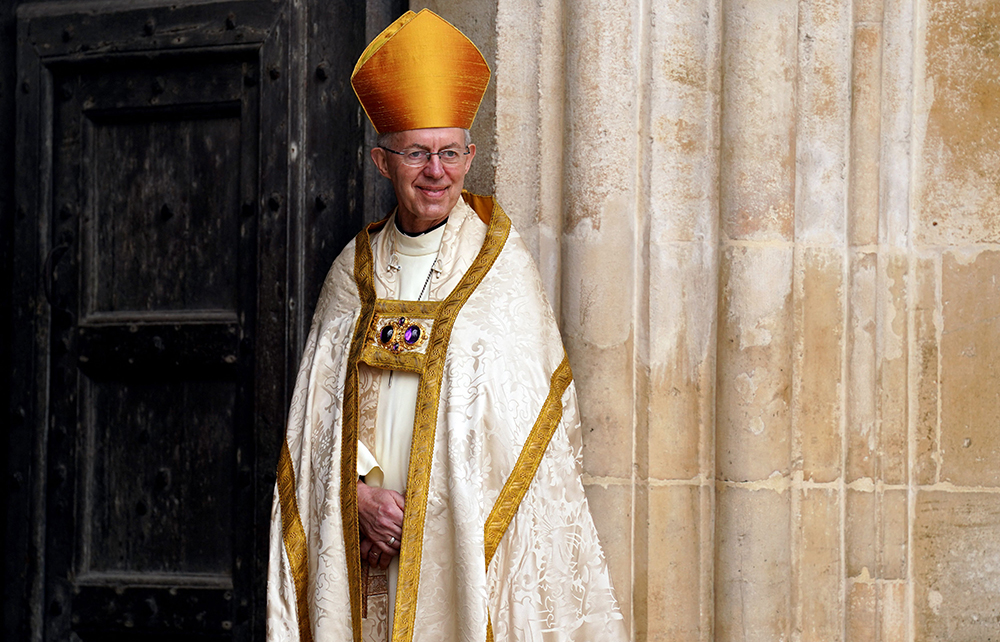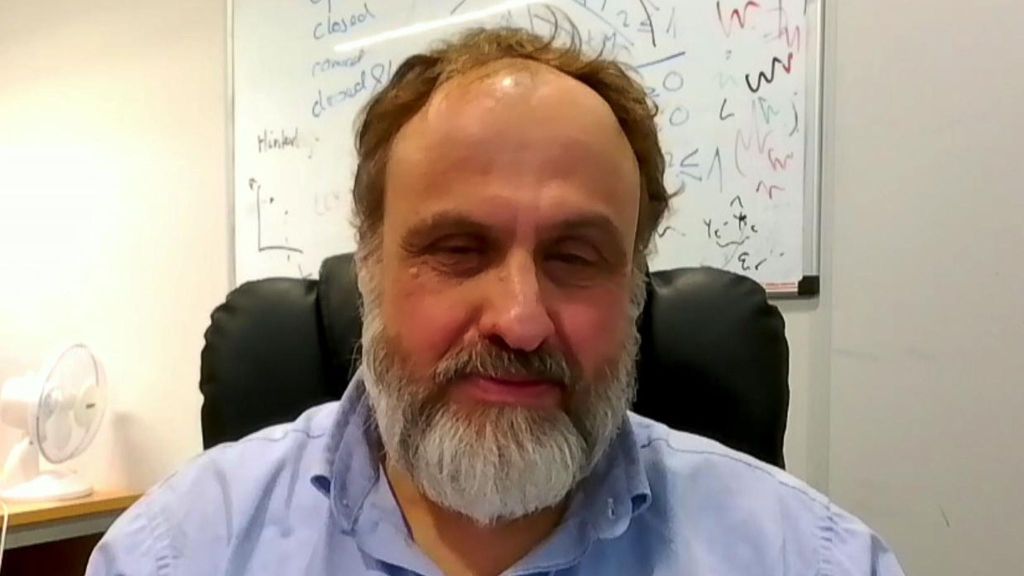There is no proper reason for the resignation of the Archbishop of Canterbury, Justin Welby. No iniquity was proved against him. It has never been clear why, in the horrendous case of John Smyth, people thought the buck should stop with him. Smyth was never an Anglican priest (indeed, he was refused ordination), nor paid by the Church. When in England, he worked for the Iwerne Trust, an independent evangelical body. Most of the abuse Smyth perpetrated was when he took boys out from Winchester College to lunch with his family in the country nearby. In a hut in his garden, he beat the boys savagely, in the interests, he told them, of purifying them for God. The duty of care there was surely Winchester’s, not the C of E’s. That was all in the 1970s and 1980s. When an internal inquiry found out what Smyth was up to, he fled to Zimbabwe, where he perpetrated more abuse, and ended up in South Africa. The 20-year-old Welby knew Smyth, but nothing about his behaviour, except, possibly, for rumours that there was something strange about him. The abuse crossed Welby’s radar only after he became Archbishop. In 2013, it was brought to his notice by the safeguarding officer of the diocese of Ely, who had been in touch with a Smyth victim. The diocese got in touch with the relevant South African diocese. It had also informed the police, Welby was mistakenly told. Hampshire police later sought Smyth, but failed to extract him from South Africa to face charges. It is probably true – as the Archbishop has himself said – that he should have followed up more zealously, but he had no real locus standi. He had historic cases on his hands – that of Bishop Peter Ball, for instance – which undoubtedly did involve direct church responsibility, the more reason not to take on matters that did not. He was advised – probably wrongly – that if he were to see Smyth’s victims at that point, as they wanted, he might compromise the police investigation. All this was not well handled, but it was not wicked. The damning Makin report implies it disbelieves the Archbishop’s account of what he knew in his youth. It is unprofessional to say that without proof.
After the case was the subject of a television programme in 2017, I had long conversations with Andy Morse, a Wykehamist victim of Smyth who spoke about the matter again on the Today programme this week. I admired and admire Andy’s courage and integrity and also his gentle spirit, and I could see why he and his fellow victims would have liked more from the Archbishop. Their abuser exploited their young Christian faith revoltingly. They rightly hated the thought that Smyth could get away with his evil deeds. But I still think the commission of a great wrong does not justify a retaliatory wrong aimed at a person who is not guilty. The Church of England is not a command structure, and even if it were, John Smyth was not under that command. The Archbishop had no power to try to catch Smyth in South Africa, although he certainly could have made more noise. I feel the cry against him has been got up by factions. One is those who dislike evangelicals, the side of the Church from which Welby comes; the other is those who dislike liberals, the side of the Church to which Welby has increasingly moved. It is right to criticise Welby, but un-Christian to force him out. The consequence will not be mass repentance, but a Church which everyone is too scared to lead. In this panic, there will be a rush to transfer ultimate power over safeguarding from the Church to an independent safeguarding bureaucracy. That really would be an abdication of responsibility.
I have spent plenty of ink criticising Justin Welby, especially his readiness to close churches during Covid, his trashing of the reputation of the late Bishop Bell of Chichester with false accusations of child abuse and his unfair attacks on what he mistakenly called ‘memorials to slavery’. But I also note his courage, which I saw at first hand when I revealed to him that his true father was probably Sir Anthony Montague Browne. He immediately wanted to investigate rather than cover up. He overcame great difficulties in his own life and was full of impatience to do good for his faith.
Last week, I wrote about Henry Keswick, our former proprietor. A friend writes to relay a piece of advice which Henry gave him. Readers may find it helpful: ‘Never invest in a country which has green in its flag.’
When originally drafted for introduction by Lord Falconer in the House of Lords, it was called the Assisted Dying for Terminally Ill Adults Bill. This was a euphemistic title since what is proposed is assisted suicide: assisted dying is a phrase properly used to describe palliative care. Now the same bill is instead starting in the Commons, it has been renamed the Terminally Ill Adults (End of Life) Bill. This is an even more misleading title, giving no clue about what is at stake – the intervention of a doctor to help people kill themselves.
Our recent opening Meet was attended by an unusually large number of ‘antis’. ‘This is the last season of hunting,’ they hissed as we trotted past. I remember being told exactly the same thing by similar people at a similar meet 20 years ago. They might be right this time, of course – Labour has promised to allow parliamentary time to ban trail hunting. But, then as now, problems of definition vex workable legislation. I also wonder if Labour’s remarkable assault on family farms, announced in the Budget, could combine with other issues such as planning changes and new pylons to arouse so much rural trouble that the government might consider omitting some of its ‘luxury beliefs’ about the animal kingdom from a packed legislative programme. I concede, however, that such a course would be wise, and is therefore unlikely.








Comments